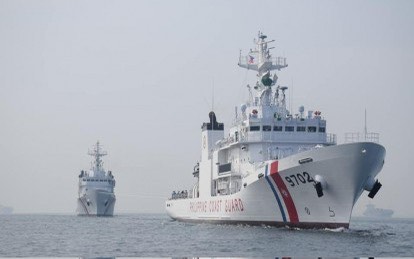On 16 May it was reported that in response to increased Chinese activities in the West Philippine Sea (WPS) a bill has been tabled in the Philippines Senate to reform and modernise the Philippines Coast Guard (PCG). It was tabled by Senator Sherwin Gatchalian whose Senate Bill (SB) 2650, seeks to repeal Republic Act (RA) 9993 or the Philippine Coast Guard Law of 2009.


